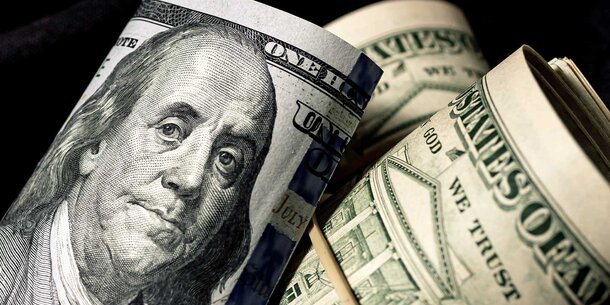For Immediate Release
June 7, 2023
Last night New York State lawmakers introduced a bill that would make significant substantive changes to New York’s voluntary small-dollar public campaign financing program. The legislation includes a proposal to replace the program’s match on small donations of $5-$250 with a match on the first $250 of contributions up to the maximum limit. That means that contributions of up to $18,000 for statewide races, $10,000 for senate, and $6,000 for assembly would be matched with public funds.
Joanna Zdanys, senior counsel in the Elections and Government Program of the Brennan Center for Justice at NYU Law, had the following comment:
“Matching part of a huge donation would severely undercut both the spirit and the purpose of New York’s small donor public financing program. It would further empower megadonors, who already wield tremendous influence, and would betray the trust of New Yorkers, who overwhelmingly support the state’s groundbreaking program as is. We urge state lawmakers to vote down this damaging bill.”
“This program is the result of years of public discussion and debate. It’s overwhelmingly popular with New Yorkers. It’s the strongest response enacted anywhere to the political dominance of big donors and special interests since Citizens United. And it is at the heart of New York’s proud track record of leading the nation on democracy reform these past few years.
“Pushing through the proposed changes would undermine that record. It would amount to a betrayal by Albany of the people who elected them to serve. It would tell the nation that New York caved to the power of big money in the end.”
Background:
New York’s small donor public financing program was enacted in 2020 to “ensure a government that is accountable to all of the voters of the state regardless of wealth or position.” Last month, state lawmakers included $39.5 million for the program for Fiscal Year 2024. It works by providing candidates who choose to opt in with a multiple match on contributions of $250 or less from the constituents they seek to serve. Analyses show that the program is the country’s strongest response to Citizens United and stands to transform the role everyday New Yorkers play in funding elections.

